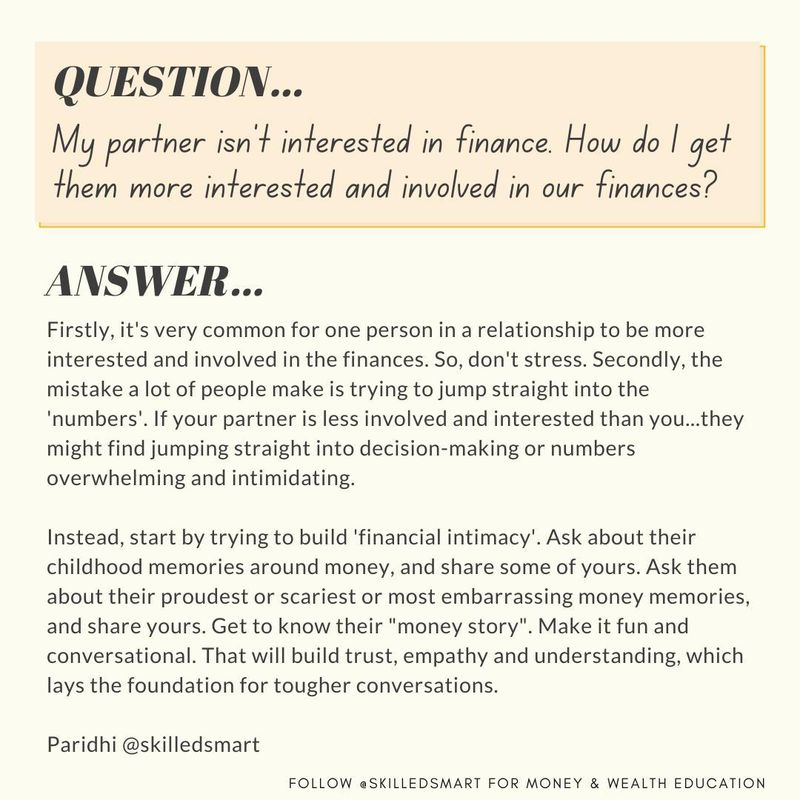In every romantic relationship, there are moments when one might wonder if a partner is still fully committed or if their interest has waned. Spotting the signs that your partner has emotionally withdrawn can be challenging but vital for understanding the state of your relationship. Recognizing these cues early can help address issues before they become insurmountable. This article uncovers 12 key indicators that may suggest your partner is no longer emotionally engaged. By being attentive to these signs, you can take proactive steps to address your relationship’s needs and foster a more connected partnership.
1. Distant Communication

When conversation becomes minimal, and your partner often seems distracted during discussions, it might signal emotional distance. A once lively and engaging dialogue now feels forced or perfunctory.
They may respond with short, indifferent answers, lacking the enthusiasm they once had. This change can indicate they have mentally checked out of the relationship.
Consider how often they initiate conversations or share their thoughts and feelings. If these interactions have dwindled, it’s a sign worth noting and addressing.
2. Lack of Physical Intimacy

Physical intimacy is a crucial part of any relationship. When it diminishes, it often reflects deeper emotional issues. A once affectionate partner who now avoids touch might be telling you something without words.
Touch isn’t just physical—it’s a form of emotional connection. If hugs, kisses, and other forms of closeness fade, look deeper.
This lack of intimacy can create a gap that words alone can’t bridge, highlighting a need for open communication about what’s changed.
3. Frequent Criticism

Constructive criticism can be healthy, but when it becomes a constant barrage, it signals trouble. Persistent negativity can erode trust and self-esteem, leaving the criticized partner feeling unloved.
Frequent criticism can mask deeper dissatisfaction or unhappiness within the relationship. It’s essential to differentiate between helpful feedback and damaging negativity.
Addressing this pattern early can prevent further emotional withdrawal and foster a healthier communication style.
4. Avoidance of Shared Activities

Enjoying activities together strengthens bonds. When your partner starts avoiding shared interests, it raises questions.
Choosing solitude or separate outings can indicate a desire to disconnect. This avoidance often signifies a lack of interest in maintaining shared experiences.
Reflect on how often you spend quality time together. If it’s becoming rare, it’s time to discuss why and find ways to rekindle the connection.
5. Increased Secrecy

Openness is vital for trust in relationships. Increased secrecy, such as hiding messages or unexplained absences, can signal a partner’s emotional withdrawal.
When transparency fades, it breeds suspicion and erodes the foundation of trust. This behavior often points to deeper issues that need addressing.
Discussing these changes openly can help uncover underlying problems and encourage honesty.
6. Emotional Unavailability

Emotional availability is a cornerstone of a healthy relationship. When a partner becomes emotionally absent, it can lead to loneliness and frustration.
This withdrawal can manifest as a lack of empathy, engagement, or support in times of need. It’s crucial to express concerns about this change to reconnect on a deeper level.
Understanding the reasons behind their emotional distance can pave the way for healing and growth.
7. Decreased Involvement in Decision-Making

Being part of decisions signifies a shared life. When a partner disengages from decision-making, it can reflect a withdrawal from the relationship itself.
This lack of involvement might seem trivial but indicates a deeper disconnection. It’s as if they’re physically present but emotionally absent.
Encouraging joint decisions and valuing each other’s input can rekindle a sense of partnership and shared responsibility.
8. Frequent Defensiveness

When every discussion turns into a defensive battle, it can signal underlying issues. This defensiveness often masks deeper insecurities or fears within the relationship.
Rather than addressing concerns openly, a defensive stance creates barriers. It’s crucial to foster an environment where both partners feel safe to express themselves without fear.
Building this trust can break down walls and encourage healthier communication habits.
9. Lack of Future Planning

Planning a future together shows commitment and shared vision. When a partner shows disinterest in future goals or plans, it might suggest they’ve emotionally checked out.
This lack of enthusiasm can create uncertainty and doubt about the relationship’s longevity. It’s essential to discuss future aspirations to ensure both partners are aligned.
Revisiting and realigning these goals can reignite shared dreams and purpose.
10. Preoccupation with Personal Interests

Personal interests are healthy, but when they overshadow the relationship, it can signal withdrawal. A partner overly focused on solo hobbies may be creating emotional distance.
This preoccupation often leaves little room for joint activities, causing a rift. Rebalancing personal and shared interests can restore harmony.
Openly discussing how to balance these aspects of life can strengthen the connection and shared joy.
11. Avoidance of Conflict Resolution

Avoiding conflict doesn’t make it disappear. If your partner shies away from resolving issues, it indicates a reluctance to invest emotionally.
This avoidance can escalate minor disagreements into significant problems over time. Addressing conflicts constructively fosters understanding and mutual respect.
Encouraging open dialogues about disagreements can lead to healthier interactions and emotional re-engagement.
12. Inconsistent Affection

Affection should be consistent and reassuring. When it becomes erratic, it signals instability and emotional withdrawal.
This inconsistency can confuse and unsettle the partner seeking stability and reassurance. It’s important to communicate about these fluctuations to understand the underlying causes.
Rebuilding a stable foundation of affection can enhance emotional connection and relationship satisfaction.

Well, hello there!
My name is Jennifer. Besides being an orthodontist, I am a mother to 3 playful boys. In this motherhood journey, I can say I will never know everything. That’s why I always strive to read a lot, and that’s why I started writing about all the smithereens I came across so that you can have everything in one place! Enjoy and stay positive; you’ve got this!

